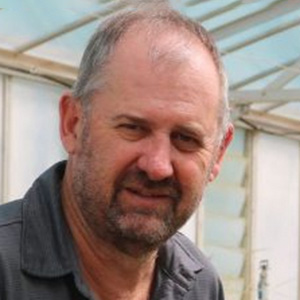Connect and collaborate
We are looking for researchers, students, funding and partners to help take our research to the next level.
The Northern region crop productions is defined by an agro-ecological environment that is markedly different to the southern and western dryland cropping regions.
In the north (north of Dubbo NSW) the cropping system is characterised by the predominance of summer rainfall and the opportunity for summer crop production, while summer rainfall levels tend to be less further south.
Although herbicide resistance frequencies are lower in the Northern crop production region in contrast to the Southern and Western regions, it is still a major concern for the northern region. There has been a reliance on glyphosate for fallow weed control, but the consequence now is widespread glyphosate resistance in several weed species.
Project name :Innovative crop weed control for northern region cropping systems (2016 -2023)
Funding Grains Research & Development Corporation (GRDC) $1.5M
In spite of the ever increasing frequency of herbicide-resistant weed-biotypes, herbicides will likely remain the most effective form of weed control in cropping systems. This then is the driving force in the search for alternative weed control technologies that can be used to sustain the current valuable herbicide resources.
The project will provide valuable insights for informed farm management by exploring integrated weed management options including herbicide innovation, crop competition, strategic weed control and engineering weed control solutions.
Our project focuses on five key areas to achieve significant advancements in weed management practices.



We are looking for researchers, students, funding and partners to help take our research to the next level.